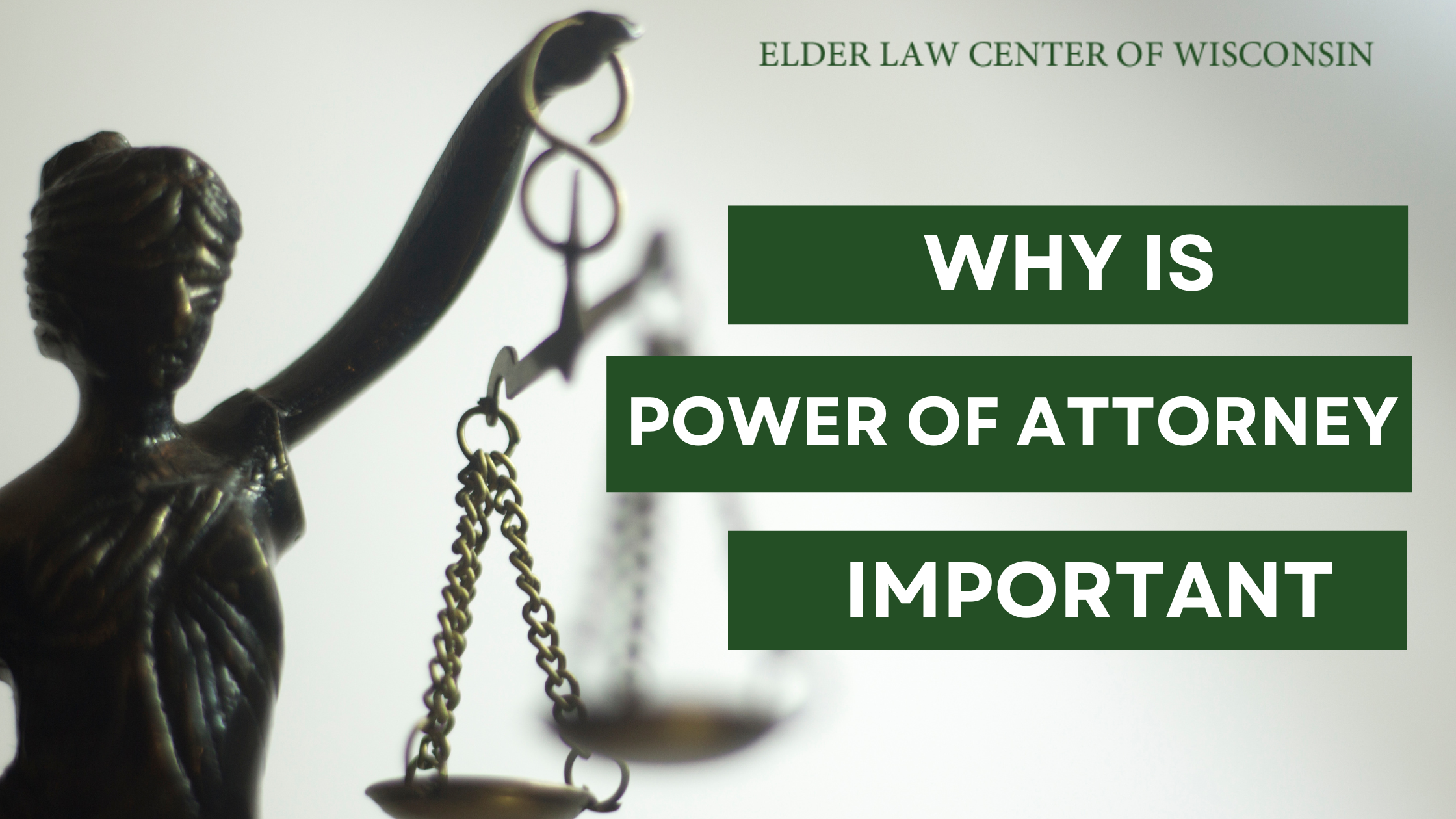-
01 Sep Off

A power of attorney is a legal document that names an agent to make financial or medical decisions. This form is used when the individual known as the “principal” is unable to make decisions for one reason or another, or, cannot be present to sign legal documents during financial transactions.
Everyone should have designated an agent for medical and financial decisions. If you haven’t named an agent, it’s time to draft the documents with an elder law attorney experienced in the different options with one’s power of attorney. Here are some of the ways a power of attorney helps.
Emergency Medical Situations
A heart attack, a car accident, or another emergency situation can require a power of attorney. If your loved one has a stroke and cannot talk, someone needs to be ready to make decisions for them. An agent that understands one’s wishes on matters like medications, ventilators, and feeding tubes can assist. An agent will make those choices until one is able to do it themselves.
Declining Cognitive Skills
Aging can lead to chronic health conditions that make it difficult to make critical decisions. That’s another reason to make sure powers of attorney documents are put in place.
If your loved one has Alzheimer’s disease, at some point, the cognitive impairment will render them unable to make decisions regarding financial matters or medical needs. Your loved one will need to decide if he or she wants a flu shot or vaccine, if he or she should be treated for a severe infection, or if he or she needs a feeding tube.
Often due to the effects of aging, loved ones won’t understand money matters as well as they once did. They may need someone to pay their bills, manage finances, do research, and enroll for insurance like homeowner’s insurance, dental insurance, and vision insurance. A financial power of attorney agent is able to do all of those things.
It’s always best to talk to an elder law attorney to make sure the powers of attorney you draw up work in your area to accomplish the intended goals. If you don’t, you could find a bank, hospital, or other care facility refusing to accept them at the worst possible time. Having invalid powers of attorney is not worth the risk. If you do, it could end up costing you.
Many powers of attorney do not allow an agent to protect assets in the event of a long-term care stay. If that is important, contact an attorney at Elder Law Center of Wisconsin today at 262-812-6262 for a free consultation.
Related Articles
Comments are closed.







